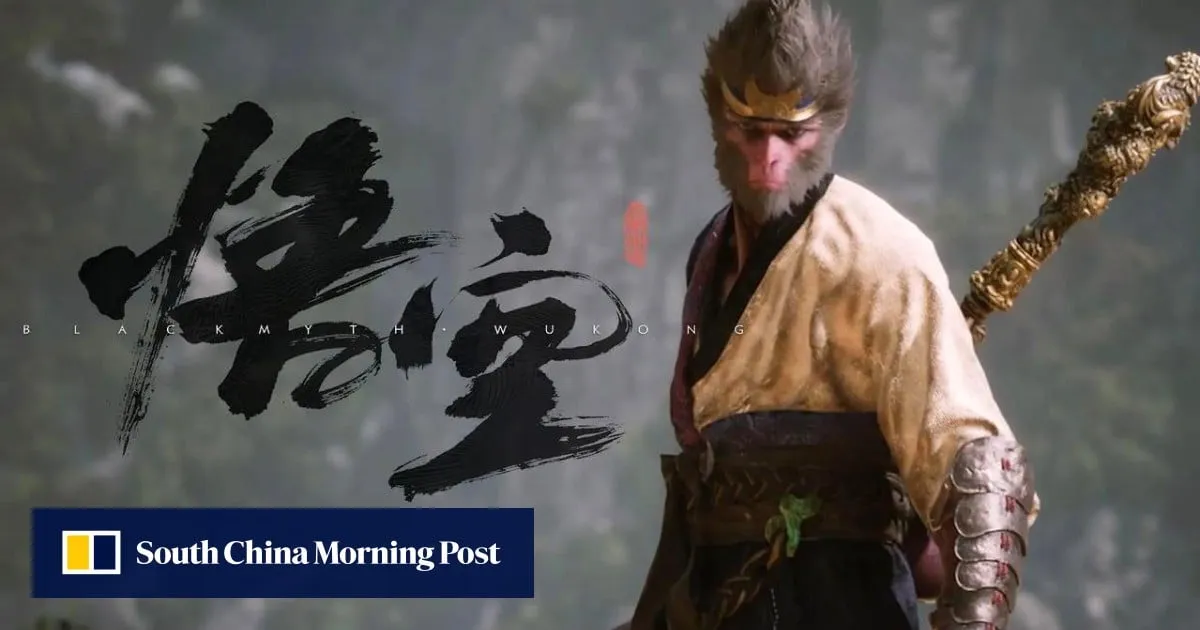Black Myth: Wukong Breaks Records on Steam, A Milestone for AAA Games

The Rise of Black Myth: Wukong
Black Myth: Wukong, China's first AAA video game, has entered the scene with a bang. Released by Game Science and backed by Tencent Holdings, this action role-playing game has reshaped expectations. Set against the backdrop of the classic Journey to the West, the game saw 1.4 million concurrent players within the first three hours of its launch.
Records Broken and Buzz Created
Achieving a peak of 1.8 million concurrent players, Black Myth: Wukong surpassed renowned titles, including Cyberpunk 2077 and Elden Ring. This remarkable feat places Wukong as the third highest concurrent player count on Steam, following PUBG: Battlegrounds and Palworld.
Chinese Gaming Market's Longing for AAA Titles
- China has been notably absent in the AAA gaming segment, which refers to games with significant budgets and marketing.
- Analyst Zhang Shule highlights the country's need for globally recognized AAA games, a gap that Black Myth: Wukong aims to fill.
- With strong initial sales, Zhang now estimates that it could achieve 10 million copies sold.
Community and Gameplay Experience
Upon its release, almost 1,000 live-streaming sessions emerged on platforms like Bilibili. Players quickly shared their valuable insights, showcasing the excitement surrounding the game. Qian Xuecheng, a dedicated gamer, expressed satisfaction with the game's quality, mentioning its stunning graphics and character designs.
Game Science's Ambitions
According to Feng Ji, the founder of Game Science, their goal was to create a game appealing to a broad audience. The developers significantly focused on enhancing the game's difficulty approach, ensuring inclusivity for both seasoned gamers and newcomers.
Promotions and Anticipation
- Investors and collaborators have ramped up promotional activities, with notable showcases in major cities.
- Beijing-based Hero Games led initiatives to celebrate the launch of Black Myth: Wukong.
This article was prepared using information from open sources in accordance with the principles of Ethical Policy. The editorial team is not responsible for absolute accuracy, as it relies on data from the sources referenced.